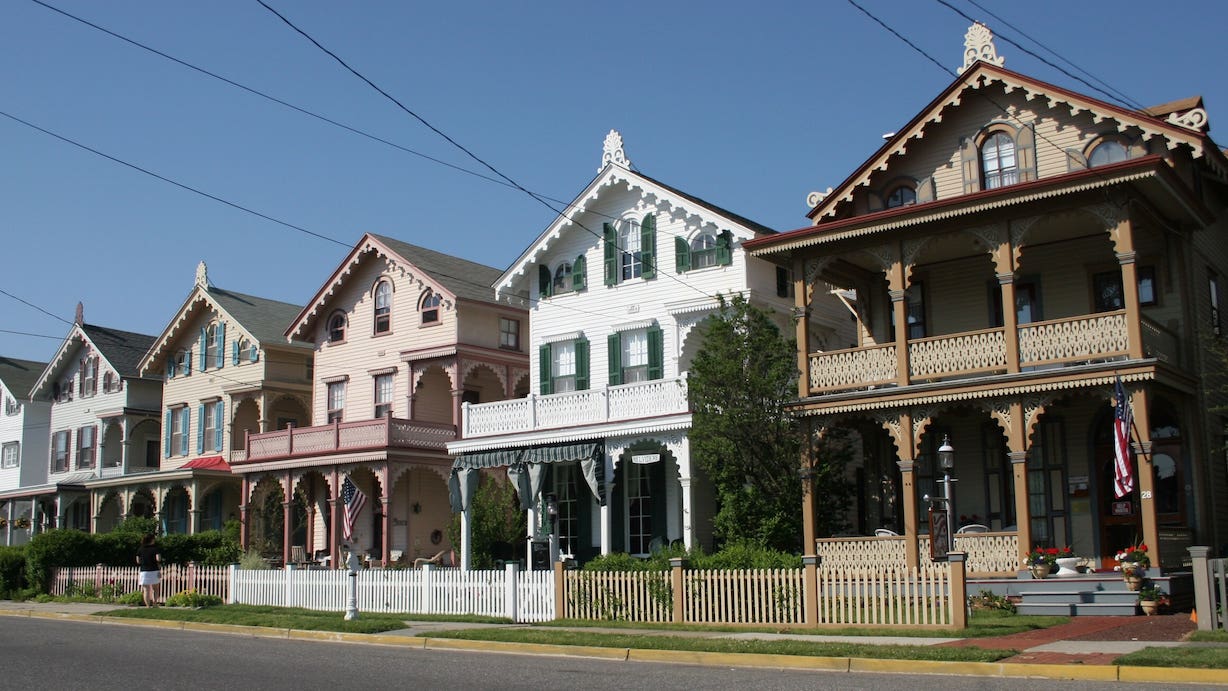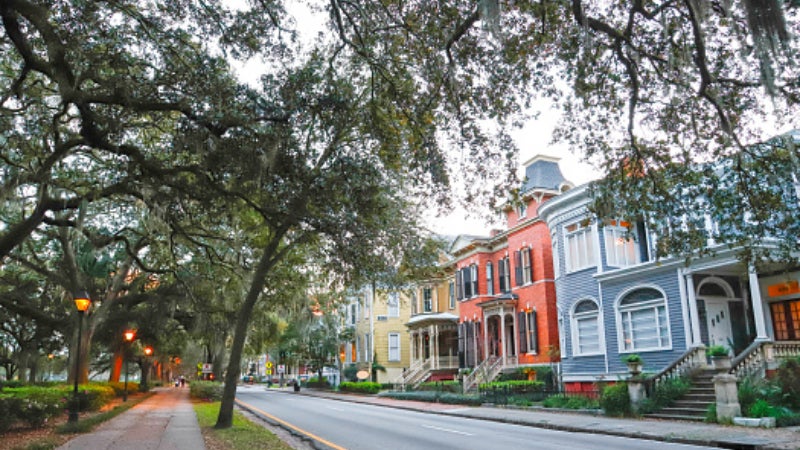Closing costs in New Jersey

Closing is the final step in a real estate transaction, when you officially seal the deal on your home sale or purchase. Whether you’re the seller or buyer, one of the most important things you’ll do on closing day is pay your share of fees from the transaction, known as closing costs.
How much closing costs run, and who pays for what, varies based on a number of factors and will differ depending on which state the home is in. Whether you’re buying or selling a beach house at the Jersey shore, a condo on the Hudson or anything in-between, here’s how closing costs work in the Garden State.
How much are closing costs in New Jersey?
According to CoreLogic’s ClosingCorp, typical closing costs in New Jersey equal 1.7 percent of a home’s sale price. That’s lower than the rates in nearby states, including New York (3.1 percent), Pennsylvania (4.3 percent) and Connecticut (2.1 percent).
Data from the New Jersey Association of Realtors (NJAR) shows that the median sale price for a single-family home in the Garden State in July was $536,500. The closing costs on a house at that price would come out to $9,120.50.
But prices can vary a lot between different parts of New Jersey. For example, according to Redfin the median price in Montclair, a short distance from NYC, is a very high $1.22 million. That would make 1.7 percent worth of closing costs a high $20,740. At the opposite end of the spectrum, the state capital of Trenton, in Central Jersey, has a very low median of just $193,000, making closing costs there only $3,281.
Who pays closing costs in New Jersey, buyers or sellers?
Buyers and sellers across the country both need to pay certain closing costs. And remember that, while New Jersey doesn’t legally require you to work with a real estate attorney, if you choose to, you’ll need to settle up with them at closing time too. Here are some specifics about who pays for what at a New Jersey closing.
Closing costs for buyers
When you’re buying a house, most of your closing costs are associated with getting a mortgage loan. Here are some of the costs you’re likely to incur as a homebuyer in New Jersey:
- Loan-related fees: Many lenders charge an application fee when you apply for a mortgage with them. Similarly, you may be charged a credit-check fee and a loan-origination fee as well.
- Mortgage points: If you buy mortgage discount points to lower your interest rate, you’ll pay for them at closing. Typically, each point lowers your mortgage rate by 0.25 percent and costs 1 percent of your loan amount.
- Appraisal and inspection costs: Lenders will require you to get a home appraisal to make sure they aren’t lending you more than your home is worth. And, although it isn’t required, an inspection is recommended to help you understand both the home’s current condition and any potential problems that could arise in the future. Each will typically cost a few hundred dollars.
- Title-related fees: A title search looks for liens and other claims against the property to confirm that the owner can legally sell it. Title insurance, meanwhile, protects in case problems arise with the deed. This is paid by the seller in some states, but in New Jersey the buyer is responsible.
- Prepaids: Many lenders also require a certain amount of property taxes and homeowners insurance premiums to be paid upfront. These funds will be kept in escrow and distributed as needed.
- Transfer taxes: Sellers are responsible for paying New Jersey’s usual transfer tax, but if you buy a house that costs more than $1 million, you may have to pay a 1 percent transfer tax as well.
Closing costs for sellers
Sellers have their own closing costs to consider. Common seller expenditures include the following:
- Agent commissions: Real estate agent commissions will account for the bulk of the seller’s closing costs. They usually run between 5 and 6 percent of the home’s sale price — on a median-priced $536,500 New Jersey home, 5.5 percent comes to a hefty $29,507.
- Transfer taxes: Sellers also pay New Jersey’s state transfer tax, which equals 1 percent of the home’s sale price. On a median-priced home, that’s $5,365.
- Property taxes and HOA fees: You’re responsible for paying property taxes and homeowners association fees until the sale closes. These costs are usually prorated at closing time.
- Seller concessions: If you agreed to any seller concessions (for example, paying for HVAC repairs), the cost will be deducted from the home’s sale price at closing.
-
Wire transfer fees: When you pay off the remaining balance on your mortgage, it will be wired to your lender, and there may be a wire transfer fee involved.
Lowering your closing costs in New Jersey
Government-set costs, like transfer taxes and property taxes, are obviously not up for debate. But most other closing costs are negotiable, so it pays to know your options.
If you’re a buyer, and particularly a first-time buyer, check to see if you qualify for one of New Jersey’s many financial assistance programs, which can help with closing costs and down payments. Be sure to shop around for a lender that offers the lowest fees and best terms, as well.
If you’re selling, your biggest closing expense — Realtor commissions — is also one of the most commonly negotiated. The difference between 5 percent and 6 percent can be significant (on a median-priced New Jersey home, it’s a difference of more than $5,000).
Find a local real estate agent
Whether you’re buying or selling a New Jersey home, it’s a good idea to have a knowledgeable real estate agent on your side. Not only will they understand the specific details of your local market — New York and Philadelphia commuter towns are very different from beach towns, for example — but they’ll also be able to provide guidance and expertise on the entire closing process.
To find the best agent for you, ask your network for referrals and check online reviews. Take your time interviewing a few candidates, making sure to ask about their background and experience. The more you click with and trust your agent, the better an experience you’re likely to have working with them.
FAQs
-
In New Jersey, as in every other state, the buyer and seller both have their share of closing costs. Most of the buyer’s costs are related to getting a mortgage, such as loan origination fees and the cost of a professional home appraisal. The seller, on the other hand, pays for Realtor commissions and the state’s transfer tax, among other costs.
-
There’s no set formula. A homebuyers’ closing costs will vary greatly depending on the price of the house, its location within the Garden State, the mortgage lender and mortgage type used to finance the purchase and the loan amount. Some lenders charge higher fees than others, or no fees at all. Property taxes depend on location and can also vary widely. If the house you’re buying costs more than $1 million, you’ll be subject to an additional transfer tax.
Why we ask for feedback Your feedback helps us improve our content and services. It takes less than a minute to complete.
Your responses are anonymous and will only be used for improving our website.
You may also like

Do you need your own claims adjuster?

Best renters insurance in Georgia




